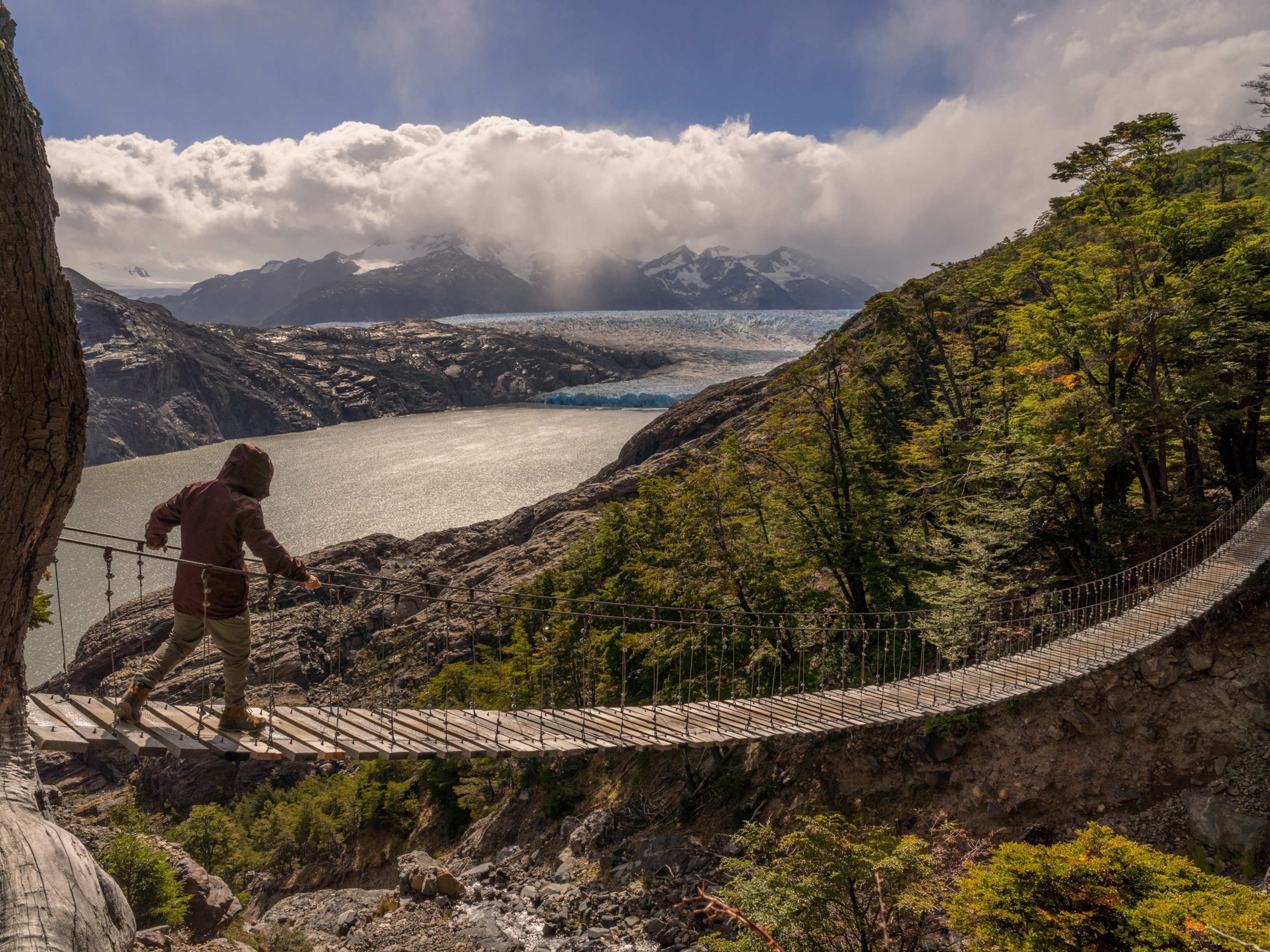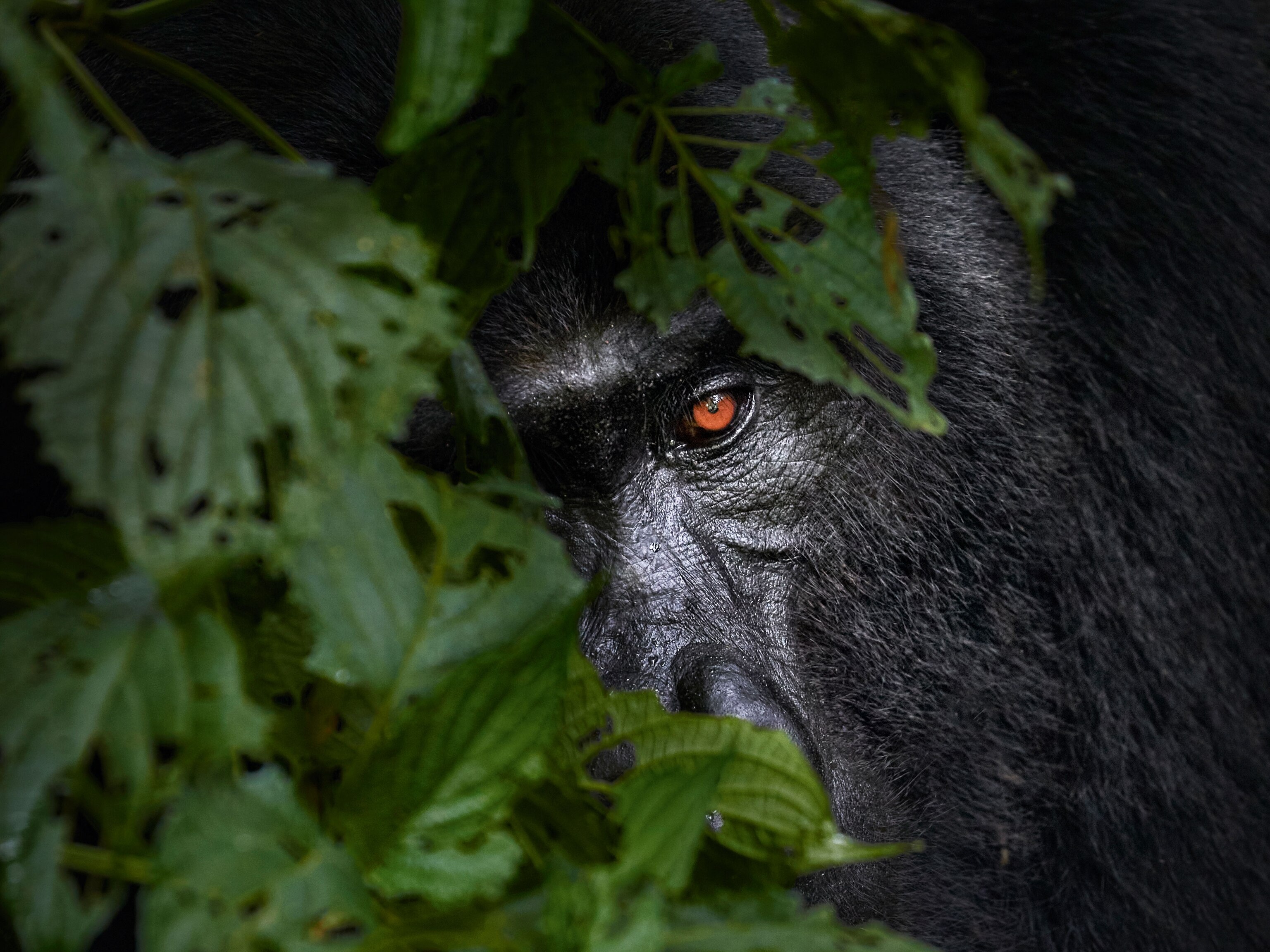
Tips for a Stress-Free Safari
Last year, my new husband and I ventured to Zimbabwe for a once-in-a-lifetime safari experience to celebrate our milestone together. Neither of us had ever traveled anywhere in Africa before, so planning our adventure was both exciting and exhausting.
Here are a few things we learned—both before and during our trip—that will save you some headaches and put you well on your way to safari bliss.
> Before You Go
Start Smart: Africa is a huge continent, and many countries offer safari trips. Your personal goals and realities—which animals you hope to see, how much you can afford to spend, when you can get away and for how long—will obviously affect your decision-making process.
My husband and I chose Zimbabwe because it was off the beaten path, yet offered everything we wanted—and at a more affordable price.
Fodor’s Complete Guide to African Safaris and the Africa Adventure Company’s safari-planning map were useful starting points for us, providing practical tips (when specific parks are open, which species can be experienced where, etc.) and helpful charts that made the planning process a lot simpler.
Read Up: If you’re traveling all the way to Africa, it would be a mistake to limit your experience to wildlife, even if it’s your main objective.
Learning about the people, cultures, politics, and history of the region you’ll be visiting ahead of your trip will help you contextualize and appreciate your time there.
While there are many classics out there—Out of Africa, Dark Star Safari, and The Flame Trees of Thika among them—I read several other books before departing for Zimbabwe that enriched my experience on the ground. Here’s a brief list: Don’t Let’s Go to the Dogs Tonight, When a Crocodile Eats the Sun, The Last Resort.
Be Ambitious, but Realistic: If you can, don’t limit your trip to one national park or reserve. Many African nations comprise a broad spectrum of landscapes, which means travelers don’t have to go too far for a completely different experience in terms of topography, climate, and wildlife.
In Zimbabwe, we split our time between Hwange National Park—known for its wide savannas and huge herds of elephants and buffalo—and Mana Pools National Park, where our camp bordered the Zambezi River, meaning we saw lots of hippos, went on a canoe safari, and had the opportunity to reel in some tigerfish.
At the other extreme, unless time and money allow for it, don’t try to cover the entire continent in one trip. Africa’s inter-country transportation systems are far from perfect (whether you’re traveling by road or by air) and being overly ambitious can often cause more trouble than it’s worth.
Be Prepared: Your healthcare provider should be able to advise you regarding vaccinations and other precautions to consider taking before your trip, and once you’re on the ground, your safari outfitter is likely to have basic medical supplies on hand. However, you’re unlikely to encounter many pharmacies in the bush, so don’t forget to bring any medications you’ll need along with you.
On my trip, I found there were two items I couldn’t live without: sunscreen (bring more than you think you’ll need) and antibacterial hand sanitizer. When our guide stumbled upon a male impala that had clearly just lost a fight, our group got an up-close and unforgettable encounter with a still warm but very dead animal. I was pretty glad I had a bottle of hand sanitizer with me.
Pack Layers, but Pack Light: In July and August, when we were in Zimbabwe, temperatures in Hwange National Park dip below freezing overnight but can be scorching by the time noon rolls around. Most desert and savanna climates are like this, so pack for both the ski slopes (hat, gloves, warm jacket) and the beach (shorts, sunglasses, tank tops) for a day out in the bush.
Likewise, don’t forget to pack light. Even if you’ve booked a ten-day trip, you should be able to easily fit your personal items into a carry-on bag. Many outfitters will provide a laundry service for guests at little or no cost. If your outfitter does not provide this service, bring a bottle of detergent. I can recommend Sea to Summit’s Trek & Travel laundry wash.
> In the Bush
Pack Your Patience: Sure, you might have traveled halfway around the world for the ultimate safari experience. But if you’re expecting the weather to be perfect and the animals to be in the exactly right spot (and to stand still while you photograph them), a potentially unforgettable experience can quickly turn into a dreadful one.
Go with the flow, trust your guides, and remember: If you don’t get to see everything you want to see, you have a great excuse to return.
Look Up: If you keep your eyes on the ground the whole time you’re on safari, you’ll miss out on some of Africa’s most beautiful birds, as well as other animals (monkeys, monitor lizards) that like to hide high in trees.
There’s a good chance the stars will be brighter in Africa than they are wherever you’re from (unless you’re from Africa), so make sure to take the time to enjoy them at night. Many stargazing apps will work in remote areas, but your safari guide should be able to point out important constellations.
Look Down: Many travelers on safari are in search of the “big five”—the African lion, elephant, and leopard, along with the rhinoceros and the Cape buffalo—but the “little five” are just as exciting. Aside from the buffalo weaver bird, the other four can only be found by looking at the ground: elephant shrew, rhinoceros beetle, leopard tortoise, and ant lion.
Make Your Own Luxury: Being out in the bush doesn’t mean you have to forsake all creature comforts. Long days spent cramped in a safari vehicle can be both visually rewarding and physically draining. I brought a small bottle of intensive conditioner to get the tangles out of my wind-swept hair—and a foldable yoga mat to get the tangles out of my back.
Plan an Un-Safari: If you’re able, set aside one day on your trip where you don’t feel obligated to be on safari all day. One of the most memorable moments in Zimbabwe was being roused, during an afternoon siesta, by an elephant sniffing out our tent. My husband and I got closer to the majestic animal than we ever would have in a safari vehicle, which only goes to show that you don’t always have to go out in search of adventure—sometimes, you just have to let it come to you.
Jeannette Kimmel is the editorial business manager for National Geographic Traveler magazine. Connect with her on Twitter @jeannettekimmel.
You May Also Like
Go Further
Animals
- Orangutan seen using plants to heal wound for first timeOrangutan seen using plants to heal wound for first time
- What La Palma's 'lava tubes' tell us about life on other planetsWhat La Palma's 'lava tubes' tell us about life on other planets
- This fungus turns cicadas into zombies who procreate—then dieThis fungus turns cicadas into zombies who procreate—then die
- How can we protect grizzlies from their biggest threat—trains?How can we protect grizzlies from their biggest threat—trains?
Environment
- What La Palma's 'lava tubes' tell us about life on other planetsWhat La Palma's 'lava tubes' tell us about life on other planets
- How fungi form ‘fairy rings’ and inspire superstitionsHow fungi form ‘fairy rings’ and inspire superstitions
- Your favorite foods may not taste the same in the future. Here's why.Your favorite foods may not taste the same in the future. Here's why.
- Are the Great Lakes the key to solving America’s emissions conundrum?Are the Great Lakes the key to solving America’s emissions conundrum?
- The world’s historic sites face climate change. Can Petra lead the way?The world’s historic sites face climate change. Can Petra lead the way?
History & Culture
- Meet the ruthless king who unified the Kingdom of Hawai'iMeet the ruthless king who unified the Kingdom of Hawai'i
- Hawaii's Lei Day is about so much more than flowersHawaii's Lei Day is about so much more than flowers
- When treasure hunters find artifacts, who gets to keep them?When treasure hunters find artifacts, who gets to keep them?
Science
- Why ovaries are so crucial to women’s health and longevityWhy ovaries are so crucial to women’s health and longevity
- Orangutan seen using plants to heal wound for first timeOrangutan seen using plants to heal wound for first time
Travel
- A slow journey around the islands of southern VietnamA slow journey around the islands of southern Vietnam
- Is it possible to climb Mount Everest responsibly?Is it possible to climb Mount Everest responsibly?
- 5 of Uganda’s most magnificent national parks
- Paid Content
5 of Uganda’s most magnificent national parks






